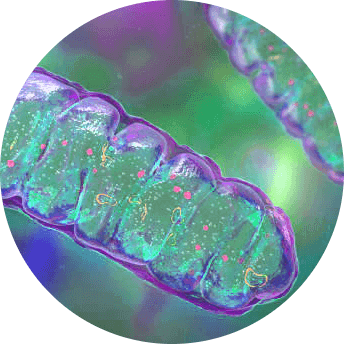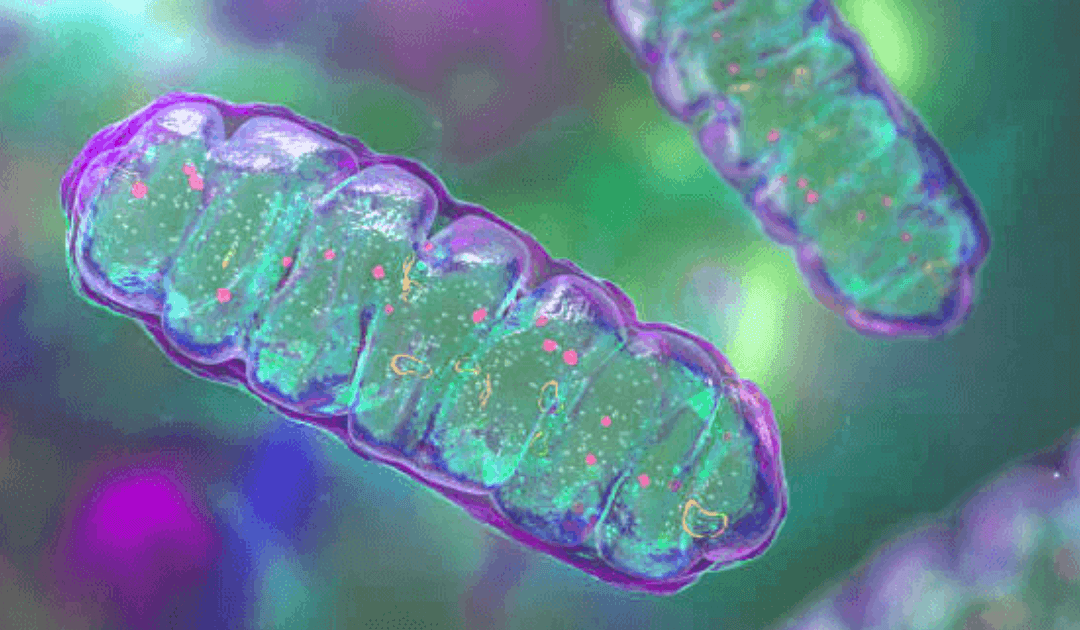
While the exact causes of autism are still unknown, researchers have recently uncovered a mysterious link between autism and mitochondrial disorders. Mitochondrial disorders are caused by mutations in the mitochondria, which are the parts of our cells that produce energy, and can lead to a wide range of symptoms. This link has made it possible to identify and treat some cases of autism, offering hope to those affected by this condition. In this blog post, we’ll discuss the intriguing connection between autism and mitochondrial disorders and what this could mean for those living with autism.
Mitochondria
Mitochondrial disorder
Mitochondrial disorders are a group of complex and potentially life-threatening illnesses caused by mutations in the mitochondrial DNA. Mitochondria are tiny organelles found inside our cells that play a key role in energy production. They convert energy from food into a form that our bodies can use to function normally.
Sympoms of mitochondrial dysfunction
The most common symptoms are fatigue, but brain fog is also common when the mitochondria in the brain are not working properly.
Other symptoms may include:
- pain
- mood disorders
- anxiety
- depression
- concentration disorder
Most chronic diseases/conditions are also linked to mitochondrial dysfunction, such as:
- cardiovascular diseases
- lung disease
- vision and hearing problems
- learning disabilities
- autism
- liver and kidney disease
- digestive system diseases and symptoms
- diabetes
- neurological diseases (including dementia)
- movement disorders
The Hannah Poling affair
If the child has a mitochondrial enzyme deficiency, the vaccines can cause developmental declines.
Biomedical specialists believe that mitochondrial problems can be very common in autism; however, there are treatments that can improve mitochondrial disorders.
It would be nice if mitochondrial testing could become part of normal neonatal screening to find out which babies may be more sensitive to heavy metals and chemicals — whether they have “only” mitochondrial dysfunction or mitochondria are functioning completely abnormally — and preventive measures could be taken to protect children.
If the child has a mitochondrial enzyme deficiency, the vaccines can cause developmental declines.
Biomedical specialists believe that mitochondrial problems can be very common in autism; however, there are treatments that can improve mitochondrial disorders.
It would be nice if mitochondrial testing could become part of normal neonatal screening to find out which babies may be more sensitive to heavy metals and chemicals — whether they have “only” mitochondrial dysfunction or mitochondria are functioning completely abnormally — and preventive measures could be taken to protect children.
Related articles:
- Mitochondrial disorder and autism
- Supplements for mitochondrial disorders
Resources
- https://www.sciencedirect.com/science/article/pii/S2352304220300854
- https://www.ncbi.nlm.nih.gov/pmc/articles/PMC5137782/


